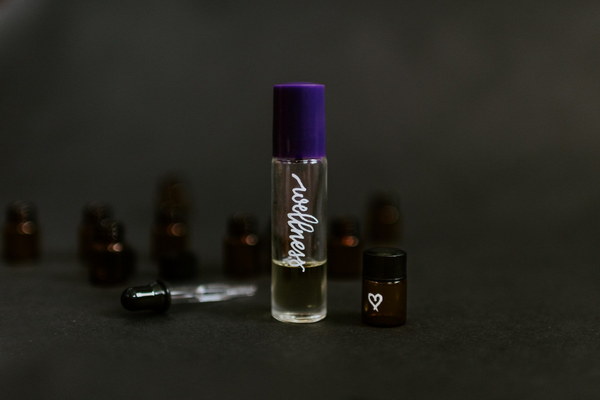Post-Vomiting Cat Care How to Nurture Your Feline Friend's Well-being
Cats, with their delicate and often unpredictable nature, can sometimes suffer from episodes of vomiting. Whether it's due to a minor upset stomach or a more serious health issue, it's important to know how to care for your feline friend after they've experienced this discomfort. In this article, we'll explore the steps you can take to nurture your cat's body and ensure a swift recovery after a bout of vomiting.
1. Monitor Your Cat's Behavior
After your cat has vomited, keep a close eye on their behavior. Look for signs of distress, dehydration, or continued vomiting. If your cat seems to be in pain, becomes lethargic, or continues to vomit after several hours, it's crucial to contact your veterinarian immediately.
2. Provide Adequate Hydration
Vomiting can lead to dehydration, which can be dangerous for your cat. To ensure they stay hydrated, offer small amounts of water frequently. If your cat is reluctant to drink, try adding a little bit of chicken or beef broth to entice them to sip. In some cases, your veterinarian may recommend subcutaneous fluid therapy to help rehydrate your cat.
3. Offer a Gentle Diet
After vomiting, it's essential to provide your cat with a diet that is easy on their stomach. Offer small, bland meals several times a day rather than one large meal. Some suitable foods include:

- White rice
- Boiled chicken (without skin or bones)
- Scrambled eggs
- Plain yogurt (unsweetened)
Avoid feeding your cat any fatty, spicy, or acidic foods, as these can further irritate their stomach.
4. Gradually reintroduce their regular diet
Once your cat's stomach has settled, you can begin to reintroduce their regular diet. Start by mixing a small amount of their regular food with the bland food they've been eating. Gradually increase the proportion of their regular food over the next few days until they are fully back on their normal diet.
5. Check for underlying causes
Vomiting can be a symptom of various health issues, such as infections, kidney disease, or dietary indiscretion. If your cat continues to vomit or shows other signs of illness, it's important to have them examined by a veterinarian. They may need diagnostic tests, such as blood work or an ultrasound, to identify the underlying cause of their vomiting.
6. Provide a comfortable environment
After vomiting, your cat may feel uncomfortable and stressed. To help them recover, provide a quiet, calm environment where they can rest. A cozy bed or blanket in a quiet corner of the house can be a great place for your cat to relax.
7. Prevent future episodes
To help prevent future episodes of vomiting, consider the following tips:
- Monitor your cat's diet and avoid feeding them foods that may cause stomach upset.
- Keep a clean and safe environment to prevent ingestion of harmful objects or substances.
- Regularly schedule veterinary check-ups to monitor your cat's health and catch any potential issues early.
In conclusion, proper post-vomiting care is essential for helping your cat recover and maintain their well-being. By monitoring their behavior, ensuring adequate hydration, offering a gentle diet, and addressing any underlying causes, you can help your feline friend bounce back quickly and enjoy a healthy life.









